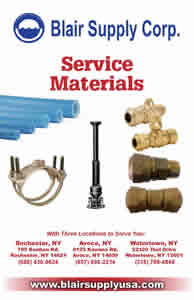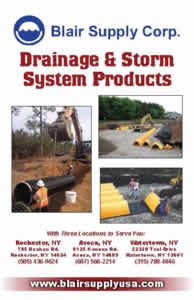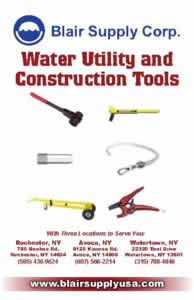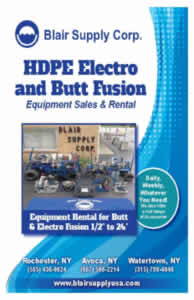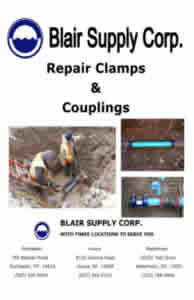Blog
Magnetic Locator vs Metal Detector

If you’re in the industry that relies heavily on detecting buried metallic objects, such as water or gas pipes or valves, there are really only two tools you can rely upon to make your job easier: magnetic locators and metal detectors.
While both pieces of equipment have their uses, there are some key differences between the two that make magnetic locators the superior choice in the vast majority of situations. Today, we’ll explore these differences and explain why you should look for Schonstedt locators for sale, instead of opting for a standard, run-of-the-mill metal detector.
How do I choose between a magnetic locator and a metal detector?
Before we dive into the differences between these two tools, let’s take a quick look at how they work.
- Metal detectors use electromagnetic fields to detect metallic objects. They emit a magnetic field that penetrates the ground, and when that field encounters a metallic object, it creates a disturbance that the detector can detect.
- Magnetic locators, on the other hand, detect the magnetic fields that are naturally present in metallic objects. They don’t emit a magnetic field of their own, but instead rely on the magnetic properties of the object they’re detecting.
So, how do you choose between these two tools? Here are some factors to consider:
What are you trying to detect?
If you’re looking for buried pipes, cables, or other metallic objects that have magnetic properties, a magnetic locator is the better choice. Metal detectors are better suited for finding small metallic objects like coins, jewelry, or other items that don’t have magnetic properties.
What’s the soil like?
If the soil you’re searching in is highly mineralized, a metal detector may not work as well. Highly mineralized soil can create interference that makes it difficult for a metal detector to distinguish between metallic objects and other minerals in the soil. Once again, a magnetic locator takes the medal.
How deep are the objects you’re searching for?
Metal detectors are better at detecting objects that are buried closer to the surface, while magnetic locators are better at detecting objects that are deep in the ground. If you’re searching for objects that are buried more than a few feet deep, a metal detector simply won’t do the trick.
Why are magnetic locators the superior choice?
Locators boast many advantages over their detector counterparts, as well as features that can be customized to suit your specific needs which will guide your decision on which model to buy. Here are some of them:
Better accuracy
Magnetic locators are more accurate than metal detectors, because they detect the natural magnetic fields of metallic objects, which are stronger and more reliable than the disturbances created by metal detectors.
No interference
Because magnetic locators don’t emit a magnetic field of their own, they’re not susceptible to interference from highly mineralized soil. Metal detectors, on the other hand, are severely susceptible to interferences, leading to false positives and missed targets, which can be frustrating, time-wasting, and in some cases, cause errors that can be expensive to remedy.
Greater range
Magnetic locators have a greater range than metal detectors, especially when it comes to detecting objects that are buried closer to the surface. This means you’ll be able to cover more ground in less time, which can be invaluable if you’re working on a large project.
Ability to detect a wider range of objects
Magnetic locators can detect a wider range of metallic objects than metal detectors, including those that don’t have electromagnetic properties. This makes them a more versatile tool, suitable for a wider range of applications.
No need for digging
Because magnetic locators are more accurate and can detect objects that are closer to the surface, you’ll be able to locate your targets without the need for digging multiple holes. This can save you time and effort, especially if you’re working on a large project.
 Which company offers reliable Schonstedt locators for sale?
Which company offers reliable Schonstedt locators for sale?
Since 1958, Blair Supply Corp. remains recognized as the top distributor of top-of-the-line utility components and tools in Rochester and across the country. Whether you’re looking for a reliable magnetic locator or other types of utility equipment, or you’re in the market for high-grade water main and sewage materials, we offer a wide assortment of products from some of the most renowned manufacturers. Reach out to us today and enhance your project quality, safety, and efficiency.

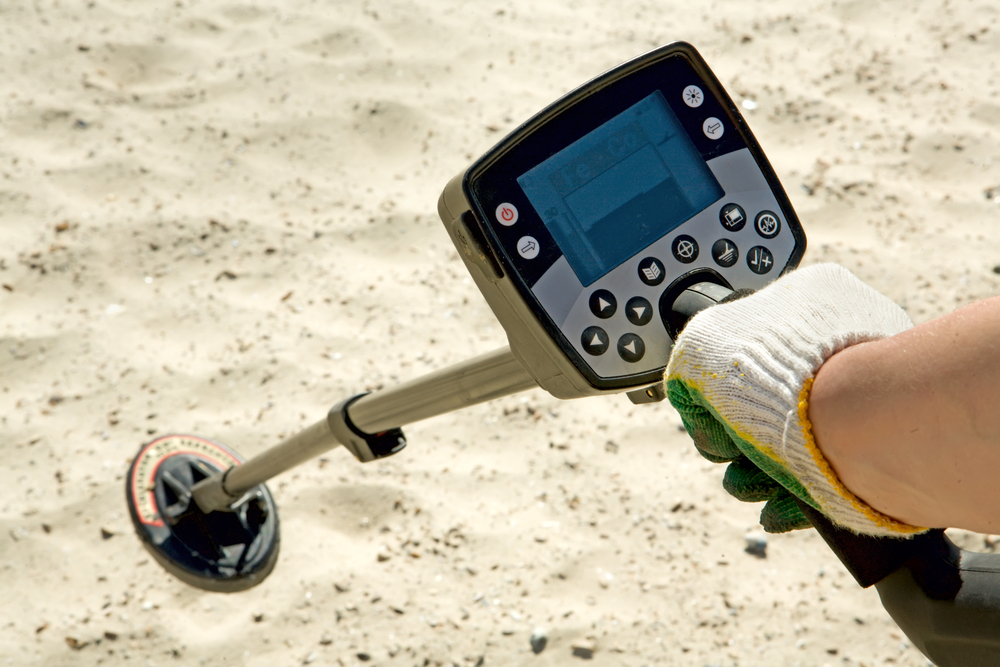 Which company offers reliable Schonstedt locators for sale?
Which company offers reliable Schonstedt locators for sale?